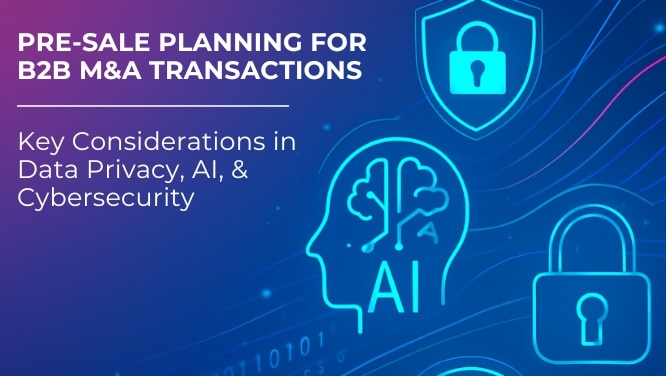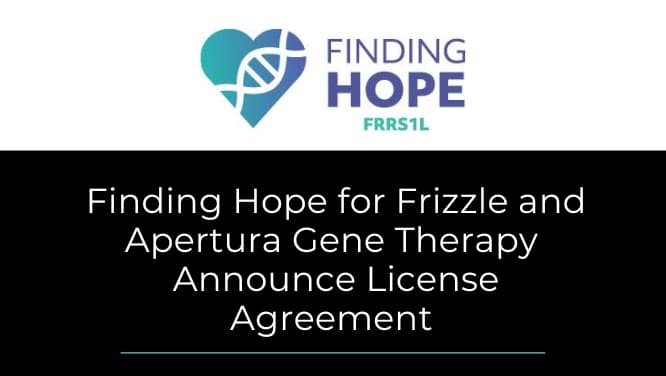Reducing Friction in Negotiating SaaS Contracts to Close More Deals Faster

- Ben Oelsner
- |
- May 27, 2020
Common pitfalls for Software as a Service (SaaS) deals occur during negotiation due to unnecessary friction with customers and other various roadblocks. These roadblocks can result in a slower sales process, increased transaction costs, and delay or even loss of potential revenue.
Making a few key changes to how you approach your contracting process can help you close a higher quantity of deals faster to generate more revenue and meet your sales goals. Creating an efficient contracting process makes it easier for customers to agree to your terms – a win-win situation for both parties, leading to more customers and, ultimately, more revenue for the company.
Here are some things you should consider doing:
- Create a form SaaS agreement template customized for your services that is consistent with how you do business.
- Include provisions that address your customers’ concerns and exclude unreasonable and onerous provisions that you know your customers will object to.
- Update your forms based on prior negotiations.
- Know your agreement provisions and plan ahead to pre-determine what risks your company can accept in the contract and which ones are deal breakers.
Create a Quality Form Agreement
While many early stage SaaS companies use a templated form agreement, these often do not include the necessary terms that are consistent with how you do business or reflect the functionality your SaaS solution provides. Customizing your form to create quality SaaS contracts will reduce unnecessary time and expense spent negotiating with customers, speed up the sales process, cut down on legal fees and, ultimately, close more deals. Your form agreements should accurately reflect the value of your SaaS solution as well as the priorities of both you and your customer. Without these essential pieces, you may find yourself dealing with more negotiation disputes and less efficient contracting. A well-drafted form agreement will better capture the intent of the parties.
A customized agreement will also better protect your company from risk in the event something goes wrong by resolving any ambiguities and removing terms that do not apply. Additionally, refining the terms to reflect the results of past SaaS agreement negotiations will reduce future friction with new customers.
Avoid Friction by Using Reasonable Terms
Accelerate and simplify the drafting and negotiation of SaaS contracts by using a template contract that includes terms your customers expect to see and avoids terms that you know they will object to and which you will ultimately give in on. Doing this will make your company appear more professional, establish customer expectations and help you better negotiate with your customers’ legal teams.
Your template should attempt to address the contractual issues that customers care about:
- What are the customer’s rights?
- Right to receive the service
- Rights to use the results of the services
- Assurance that nothing bad comes along with the service
- What are the customer’s obligations?
- Paying the agreed price for the services
- Adhering to any restrictions
- Cooperating reasonably with the service provider to achieve the objectives of the contract
- Behaving in a responsible manner (e.g., not disclosing the service provider’s confidential information)
- Term and termination
- Service level commitments
- Data privacy and data security
- Remedies: define what happens if party does not perform
Update Your Template
For many companies, customers make the same revisions to agreements time and again, and those provisions may be something your company doesn’t care about or is fine conceding. A more even-handed agreement that removes or updates these provisions reduces redlines between parties – and, therefore, saves time and money.
For example, you may want to adjust your form contract language to address data privacy and security issues and the realities of customer-required data processing obligations. In your past negotiations, you may have been asked by many customers to agree to a data processing agreement to protect the data that your customers input into your system. Your form agreement may have a reference to your privacy policy that says you’ll protect their data in accordance with that policy. However, privacy policies typically address protection of data you collect from individuals for your own use, not the data that your customer has collected and will be using with your SaaS platform. You should have your own data processing addendum to spell out to your customers how you will process their data. You can even use this as a marketing tool to distinguish your company from your competitors.
Understand Your Own Agreement and Plan Ahead
Many early stage SaaS companies are forced to accept less favorable contract terms initially because of the pressure they feel to make sales and grow the company as well as their possible lack of negotiation leverage compared to more established companies. However, as SaaS companies mature and begin to negotiate with enterprise companies, the contracts become larger and the stakes get higher. The contracting cycle gets more complex and increasingly difficult, and negotiation becomes even more critical. This typically means contracting is more expensive – in terms of dollars, time, and opportunity cost. Negotiations of these contracts will be more efficient and proceed more smoothly when the salespeople and stakeholders know what their terms mean and understand why they want them. Knowing the risks related to certain provisions ahead of time will also speed up the decision making process and make it easier to decide on what proposed or deleted language you can agree to or disagree with.
Work with an Experienced SaaS Attorney
Working with an experienced lawyer to streamline the SaaS contract process will help close deals faster and more efficiently. Once you have a steady flow of deals and a solid SaaS contract template, it’s time to ensure you retain the value of those deals by managing your contract lifecycle. By following each contract’s terms, timelines and performance clauses with proactive contracts management, you will reduce risk, and further enhance the value to your business over time.
Ben Oelsner is a commercial partner at Koenig, Oelsner, Taylor, Schoenfeld & Gaddis PC (KO Law Firm), an innovative corporate and commercial law firm with a team of experienced lawyers and a practical, efficient, business-focused approach. Founded in 2003 on the philosophy that a different approach delivers better value, our business-first legal and industry expertise helps established brands and emerging companies achieve meaningful business outcomes. KO is headquartered in Denver and Boulder, Colo., and serves the software and SaaS, retail and manufacturing, professional services, energy, food, beverage and consumer goods, eCommerce and internet, healthcare and life science and ancillary cannabis industries. Reach Ben at [email protected].




